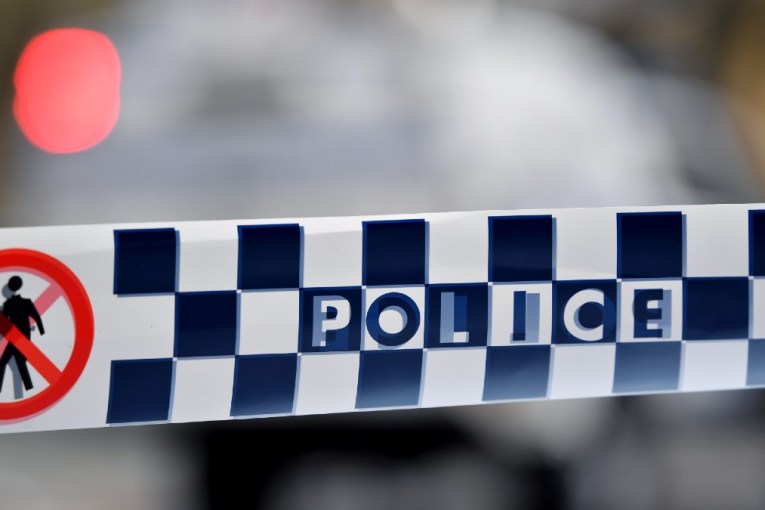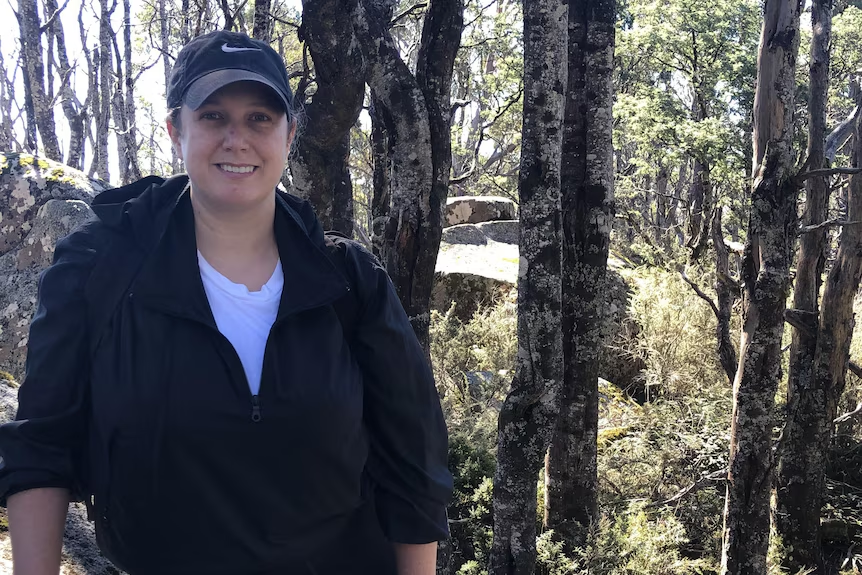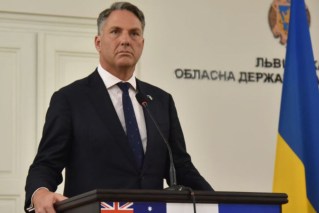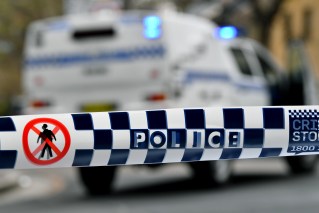Advocates say government’s women’s summit must address housing ‘crisis’

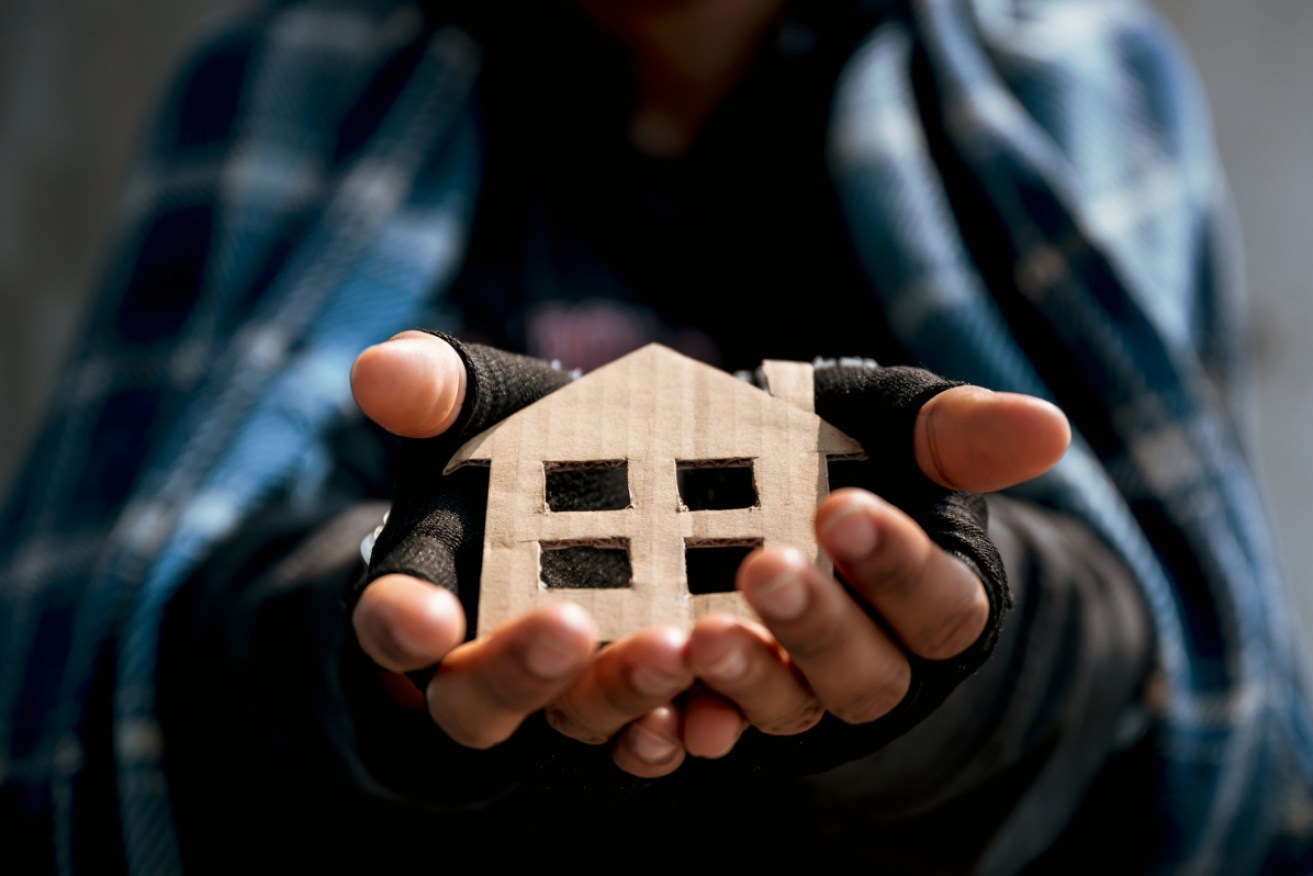
Housing must be a focus of the women's summit this week, advocates have argued. Photo: Getty
Social agencies are pleading with the federal government to take a housing “crisis” more seriously, after the issue of emergency accommodation for domestic violence survivors only got a “fleeting reference” in the federal women’s safety summit this week.
Many thousands of women each year are left with little option but to return to their abusers or become homeless, a situation that social advocates say must be urgently rectified.
The federal Labor opposition has slammed the government for having “failed to listen” to survivors of family violence by not making the issue a higher priority.
“You simply can’t talk about women’s safety without talking about safe and affordable homes,” said Kate Colvin, spokesperson for the Everybody’s Home campaign.
“Women and children in danger need a safe haven and it is incumbent on the Commonwealth government to address this crisis.”
The federal government will host a landmark National Summit on Women’s Safety on Monday and Tuesday, convened after sexual assault and misconduct scandals in Parliament earlier this year, and amid a renewed scrutiny on gender inequality issues.
A range of panel discussions and speeches will focus on domestic and sexual violence, financial abuse and economic security, sexual harassment and policing.
“Through the National Summit on Women’s Safety 2021, we have an opportunity to shine a light on the violence that women from all walks of life experience in the shadows and behind closed doors, and to create real change and genuine advances for women and girls,” Minister for Women Marise Payne said when launching the program in July.
Tweet from @MarisePayne
Speaking to the Sydney Morning Herald, Australian of the Year and sexual assault survivor Grace Tame described the summit as “poorly organised”, “incredibly secretive”, “very exclusionary” and with “a comically narrow remit”.
Ms Tame will appear on a panel about sexual violence.
Housing advocates are also concerned the program only specifically features one segment to deal with accommodation – a ‘financial freedom’ panel focusing on economic security and escaping financial abuse, which will include a representative of an affordable housing agency.
More than 230 organisations that focus on domestic violence and homelessness have called for the summit to hear a new government commitment on housing, upset that the issue “only has a fleeting reference in the agenda”.
“Thousands of women across Australia are currently having to choose between staying in a violent home and homelessness. That is unacceptable,” Ms Colvin said.
The Everybody’s Home campaign said nearly 7700 women each year return to their abusers due to a risk of homelessness.
More than 9000 survivors of violence actually end up becoming homeless because of a lack of emergency housing, the campaign said.
“In Australia, each year 39,000 people come to homelessness services seeking long-term housing after experiencing domestic and family violence. Of those, 37,867 miss out on long-term housing,” the campaign said.

Kate Colvin of Everybody’s Home. Photo: AAP
Ms Colvin pointed to modelling by Equity Economics earlier this year, commissioned by Everybody’s Home, which forecast economic benefits of $15 billion if the federal government built 16,800 new social housing units for people escaping violence.
That would “dwarf” the $7.6 billion price tag to build those units, Ms Colvin said, and generate hundreds of millions of dollars a year in savings due to women not being forced to become homeless or return to an abusive relationship.
Labor’s shadow family violence minister Jenny McAllister and shadow housing minister Jason Clare said the government should have made homelessness a bigger issue on the summit agenda.
“The Morrison-Joyce government’s silence on housing and domestic violence is deafening,” the pair said.
“They have failed to listen to the voices of advocates, experts and victim-survivors who have been crying out for social and affordable housing funding for years.
“Any government which claims to be listening to women and children would know that fixing the housing crisis is part of the answer too.”
Labor said it would commit $1.6 billion to build 4000 new social housing properties for people escaping domestic violence, and another $100 million for crisis accommodation services.
That’s below the ask of the Everybody’s Home campaign, but would partly address what advocates say is a major shortfall in available accommodation.
Meanwhile, financial services agencies say the government should be looking to reform social security definitions as part of the summit, warning that current Centrelink frameworks are ripe for abusive partners to take advantage of their victims.

Minister for Women Marise Payne. Photo: AAP
Leanne Ho, executive officer for Economic Justice Australia, said survivors of abuse are regularly threatened, coerced or tricked into making false declarations to Centrelink about their financial situation or that of their abusers.
This can often leave the survivor with a large Centrelink debt for which they are “unfairly held responsible”, Ms Ho said.
Economic Justice Australia is working on a new report on this trend.
A preview of the report, released to coincide with the women’s summit, warns the social security system often sees financial abuse cases like this slip through the cracks.
“In many of the cases we looked at, the woman or her children received no financial support from their partner, or their alleged partner, during the debt period,” Ms Ho said.
“The perpetrator of violence may have intentionally lied about their income or assets, and this lack of knowledge or misinformation led to the victim’s debt.”
Catherine Eagle, principal solicitor at Welfare Rights and Advocacy Service Western Australia, said it was something her agency saw every week.
“If you’re someone in a vulnerable position, the perpetrator may be the one who manages your affairs with Centrelink. You may not be aware of what is being reported to Centrelink, but you’re responsible,” she said.
Ms Eagle called for Services Australia staff to receive more training on how to spot financial abuse among Centrelink clients, and for more awareness of the issue plus extra funding for community legal services to help affected people.
The women’s safety summit will be streamed online on Monday and Tuesday.
